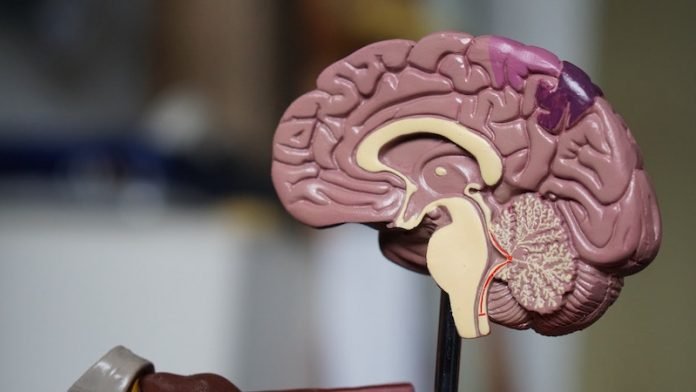
Ever since the coronavirus became a widespread global pandemic, medical researchers have sought to understand how the virus impacts other medical ailments, especially neurological ones.
In a new study from the Hebrew University of Jerusalem, researchers found a definite increase in stroke incidence among younger adults as compared to a similar age group prior to the onset of the coronavirus pandemic.
The study analyzed data from patients who tested positive for the coronavirus after they had been hospitalized for a stroke and other serious brain events.
The researchers analyzed whether there were differences in the MRIs of patients after contracting COVID-19 and after the onset of their stroke.
Of the 136 different medical centers in 32 countries, at least 71 reported a patient who had a stroke during their hospitalization for coronavirus or shortly thereafter.
Of the 432 patients, 323 (74.8%) had an acute ischemic stroke, 91 (21.1%) intracranial hemorrhage, and 18 (4.2%) cerebral venous or sinus thrombosis.
Most troubling was the high occurrence of ischemic strokes in younger patients with no known existence of the types of ‘classical’ risk factors that contribute to the onset of stroke.
Of the 380 patients who were known to have experienced strokes alongside COVID-19, close to 38% (144 patients) had no recognizable symptoms from the virus, such as cough, fever; the diagnosis came only after they were admitted to the hospital for stroke.
The team says this study further strengthened the understanding of the connection between the coronavirus and strokes in younger patients, as a result of blockages in larger blood vessels.
Going forward, they recommend performing COVID testing on all younger patients with strokes, particularly those with no known pre-existing conditions.
If you care about COVID-19, please read studies about these things could increase stroke risk in COVID-19 patients and findings of these people may have high risk of symptomless COVID-19 infection.
For more information about COVID-19, please see recent studies about this old drug could prevent lung damage in people with COVID-19 and results showing that many people recovered from COVID-19 still carry virus.
The study is published in Stroke. One author of the study is Professor Ronen Leker。
Copyright © 2021 Knowridge Science Report. All rights reserved.



